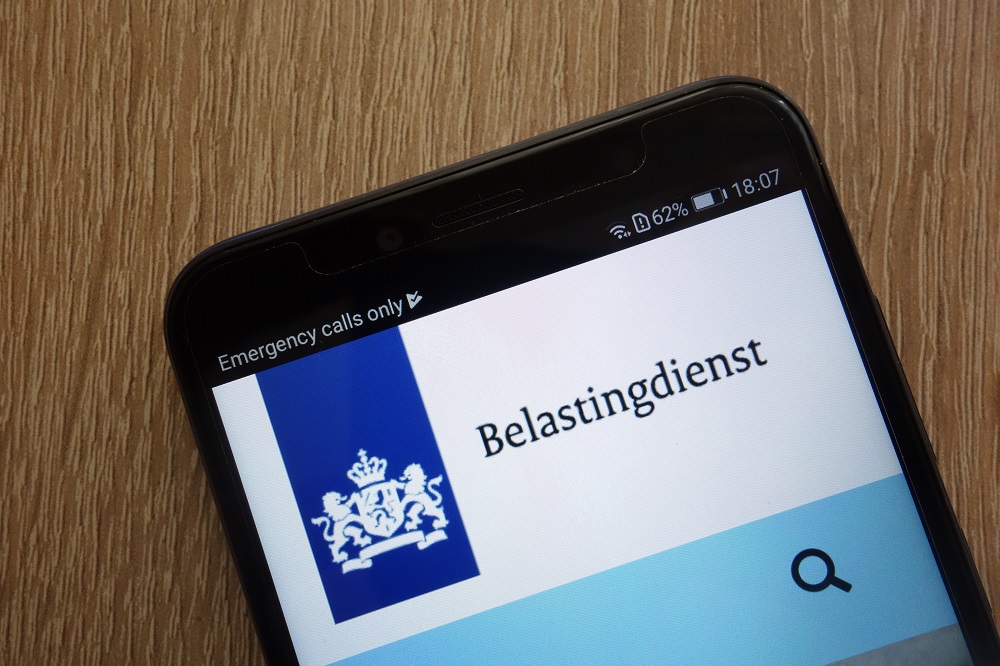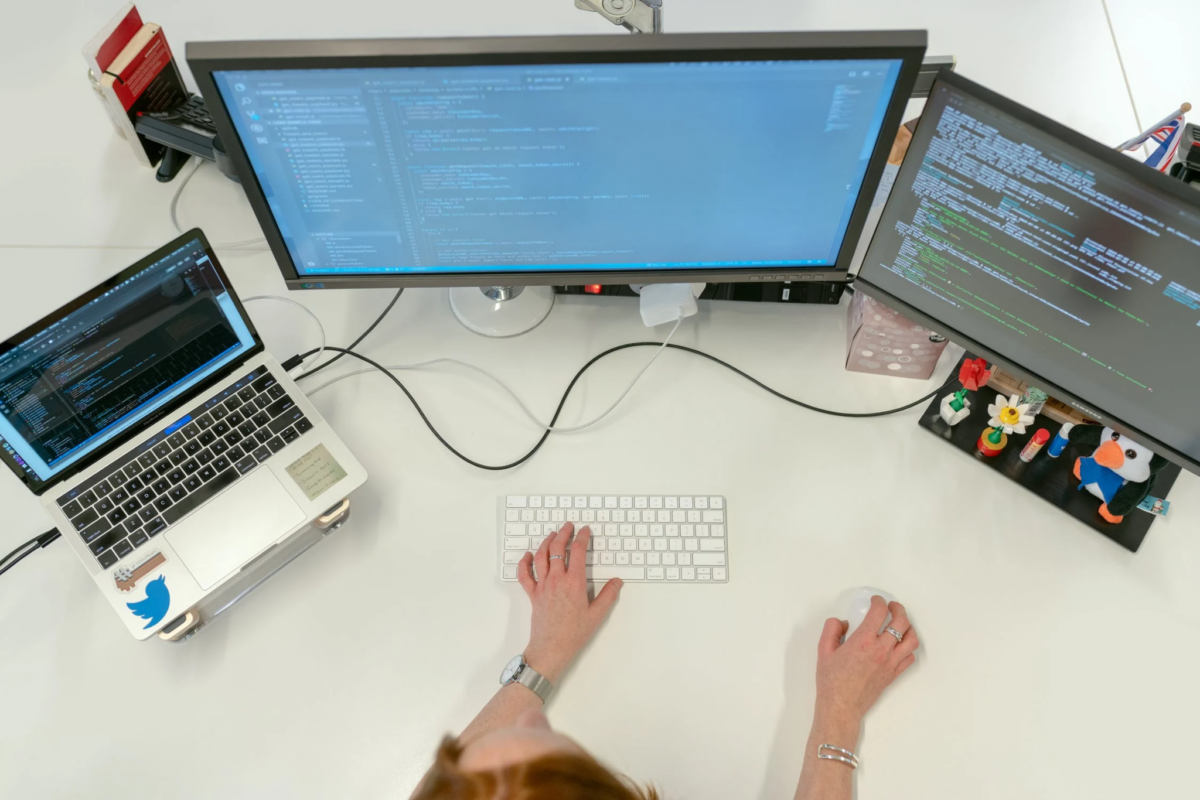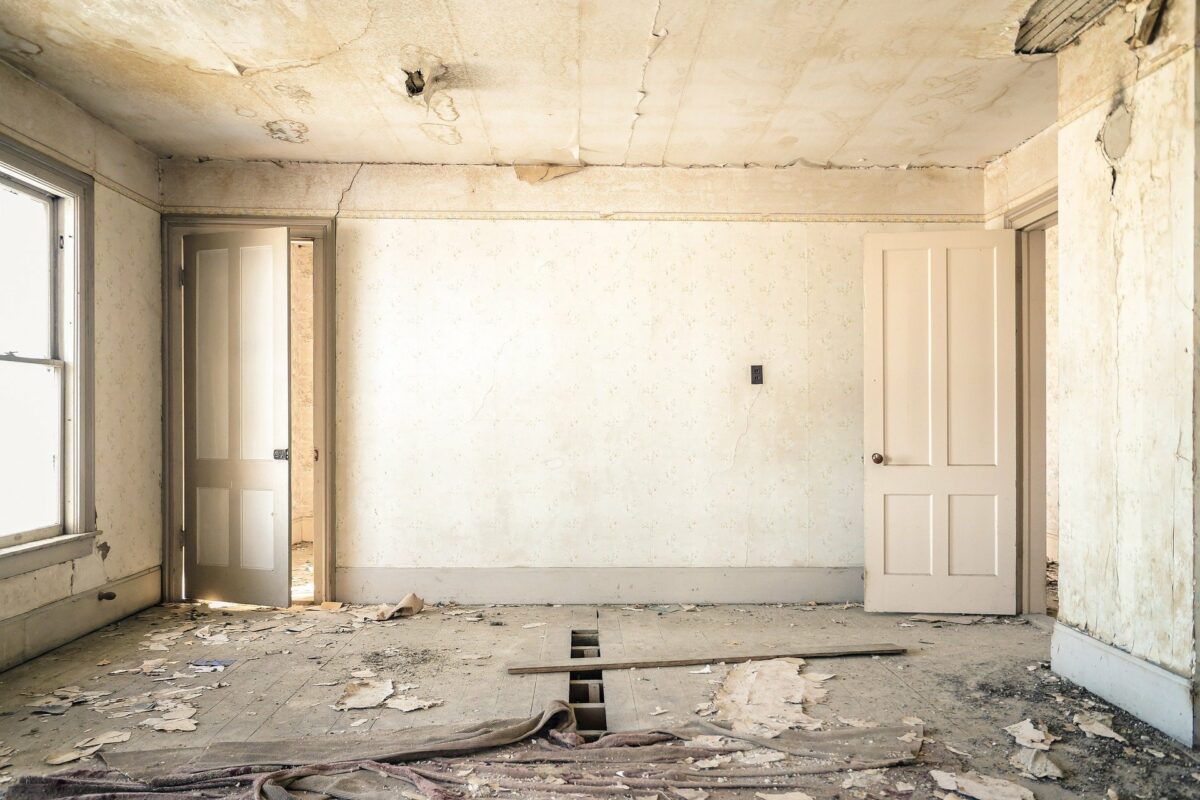Don’t you love those cozy winter evenings, when you’ve taken a warm shower, made yourself a hot cup of tea, turned on the light and crawled into your comfy bed in a nice, warm bedroom? None of that would be possible without the services of a utility company.
So, how do you go about arranging your utilities in this country?
You start out by visiting a site such as www.gaslicht.com or www.independer.nl – which offer an independent overview of all suppliers – or www.energievergelijken.nl/en, which offers the same information in English. You type in your postal code, your house number and select your current supplier. This list contains all the suppliers in the Netherlands as well as the options onbekend (which boils down to ‘don’t know’), geen i.v.m. verhuizing (‘just moved, don’t have one yet’) and verschillend voor gas en stroom (‘different one for gas and electricity’). At the top of the list of suppliers are the three biggest companies of the moment.
Next, you can fill in your annual use, or – as you probably don’t know this yet, as you’ve just moved here – the number of people in your household. You can also indicate whether your house has solar panels. This will give you an approximation of your use; only a year later will you of course know the actual numbers.
On the next page, you will find an overview of the various offers, plus the option of selecting 100%-sustainable (‘green’), 50% sustainable or 0% sustainable energy, the duration of the contract and whether you want fixed or variable rates.
Based on your (actual or estimated consumption), you will find a list of offers of monthly (or annual) amounts that you will pay the various companies for the utilities they supply. A number of issues to look at when comparing these offers are
- The per-unit cost of gas
- The per-unit cost of electricity
- The delivery (administrative) costs of each of these; a low per-unit cost may be neutralized by high delivery costs
- Any introductory (‘welcome’) rebates the company may have to attract new customers.
On the page with the overview, you can select three companies in order to compare their prices. Here you can take a closer look at the items mentioned above: per-unit price, delivery costs, and welcome rebate.
At the end of the year, you will receive an overview of your actual use. If you exceeded the calculated use, you will owe the additional amount, if you stayed below it, you will receive a refund. The company will also determine what you will owe per month over the next year, which they will base in part on your past use and in part on expected price developments (unless you’ve opted for a fixed rate). However, you are not held to this amount; online – once you have created an account – you can adjust this monthly amount upwards or downwards. Of course, adjusting it downwards creates the risks of owing the excess amount – should there be one – in one go at the end of the contractual year.
 Tip
Tip
Get a quote for your utilities from Ampeer in a few easy steps
Keep in mind that some of us like to keep it toasty and warm all day long, and throughout the house. Not so the Dutch. Many of them sleep with the windows open at night (even in the winter), and turn off the radiators in certain rooms, or during certain hours. This means that the monthly price quoted for a four-person household will probably be lower than what you will personally end up using. Consequently, you might want to raise your monthly price, or be psychologically prepared to pay a substantial difference at the end of the contractual year.
Don’t forget to request a ‘smart meter’ (slimme meter) to be installed in your house. This will allow you to set up your own schedule, depending on your family routine. It will also allow you to monitor your daily use of both gas and electricity, as well as – if you really have time to spare – the amount of electricity certain gadgets use (an electric water boiler for your tea generates an impressive spike!). The services offered by the smart meter depend on the utilities company and it is worthwhile to know that if you switch to a different utilities company, you might no longer be able to make use of all its features (programming will always be possible).
As for the contract period; you can opt for a one-year, two-year, three-year, four-year or five-year contract – the longer the duration, the lower the price. This makes some people nervous; they would rather pay a little more and be able to switch after one year. Maybe you, being new to the country, would like to take this route too. If you do opt for, say, a three-year contract, then you will owe a fine if you make an early switch (for instance, more than three months before the end of the contract). Often, your new supplier will offer to pay this fine for you, but be careful about making a switch after the winter. The monthly amount you pay is an average, meant to cover the more expensive winter months, and the cheaper summer months. If you switch in March and are more or less halfway your contractual year, then your monthly payments will not cover your actual expenses and you could find yourself paying several hundreds of euros more – which your new supplier will not cover. A little tip: if you switch suppliers every year, this will allow you to enjoy the ‘welcome’ rebate every year too.
 Don’t forget to request a ‘smart meter’ (slimme meter) to be installed in your house
Don’t forget to request a ‘smart meter’ (slimme meter) to be installed in your house
You can opt for fixed rates and variable rates. It might seem attractive to opt for variable rates (they change every January 1 and July 1) if you are confident prices will go down. Nonetheless, according to the consumer site PriceWise (www.pricewise.nl) it is wiser to go with fixed anyway, as often the prices are actually cheaper, while – if the price is continuously rising – you are locked into this contract for its duration, with the accompanying obligation to go with the rising prices.
If you want to make sure that you contribute to sustainability, the Dutch consumers’ association (Consumentenbond) has looked into the various companies offering ‘green’ energy. They evaluate the companies based on the sustainability of the produced or purchased utilities, how the utilities are delivered to the consumers, and their investment policies. The use of fossil fuels, gas and nuclear energy is ‘penalized’, while the use of wind energy, solar energy, and (certain types of) biomass is rewarded, as is the (direct or indirect) investment in sustainable production capacities. The most recent overview can be found on www.consumentenbond.nl/energie-vergelijken/

The Holland Handbook 2024
It is that time of year again; the new and annually-updated version of The ...

Dutch Taxes
Taxes are always complicated. If you have moved to the Netherlands from another country they ...

The UnDutchables 9.0
Following the legendary previous eight editions of The UnDutchables, the 9th edition of this all ...

Making the most of your Dutch home
Whether you are renting, staying in a long-term AirBNB or have just bought a ...

Gift giving in the Netherlands-all ...
If you feel like skipping your birthday, you may be in for a challenge when ...

10 things you will find in every Du ...
The Dutch are very fond of houseplants, the more the merrier! You will find the ...

Obtaining a Mortgage as an Expat in ...
Obtaining a mortgage as an expat in the Netherlands can be a complex process, as ...

Help me move to the Netherlands!
Obviously, the decision to move to the Netherlands is not one to be taken lightly ...

The Impact of Technology on Educati ...
Education is unending and pivotal in society. Technology is one of the most dynamic entities ...

Five Renovation Tips to Increase yo ...
Learn how much home renovations cost – and which repairs increase the home value, and which ...
 Useful links
Useful links